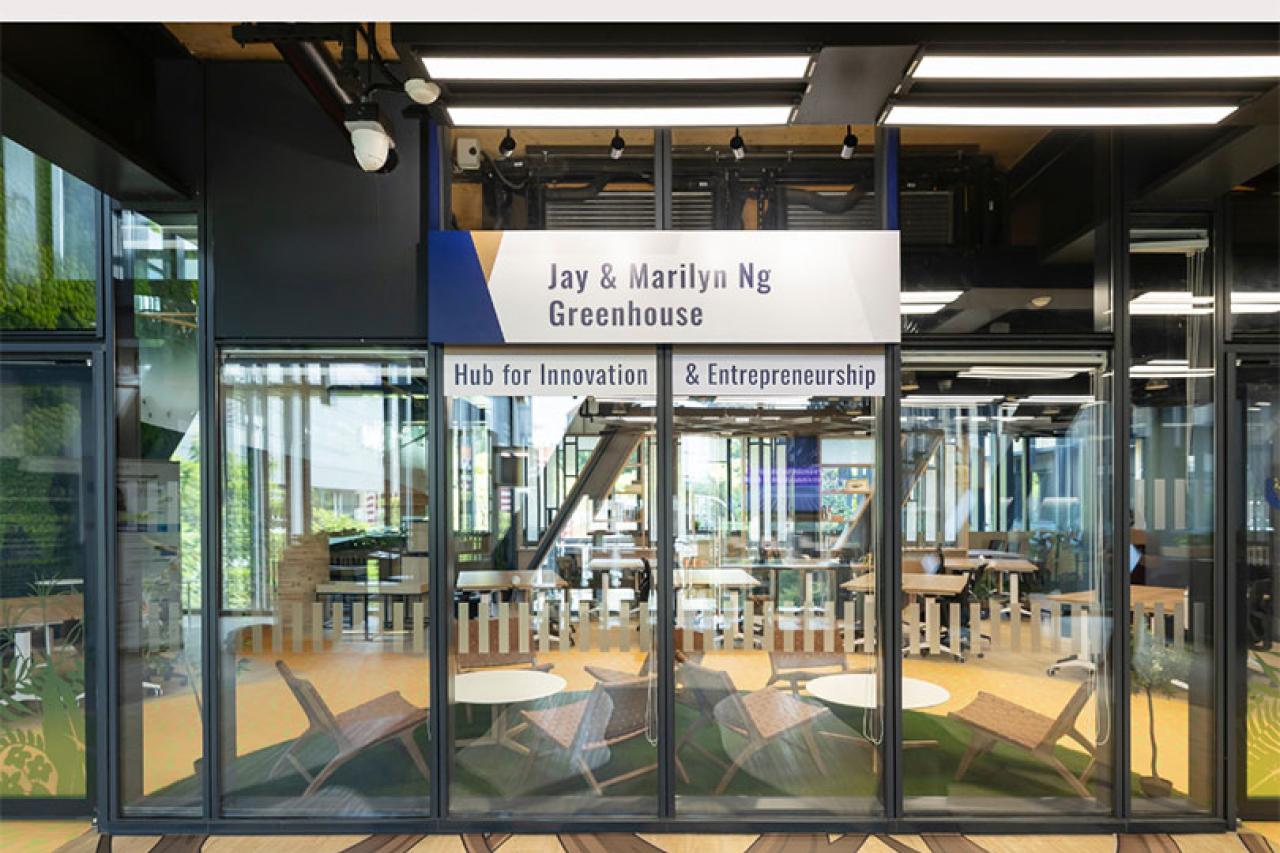Want a Resilient City? Start by Building a Resilient Business
Thursday Mar 19,2020 | IIE News
"Adversity causes some men to break; others to break records" - William Arthur Ward.
Human civilisation has gone through many disasters since the beginning of time - Black Death, Spanish Flu, Ebola and the list goes on. It is nature's way of accelerating the process of human evolution. Similarly in the modern world, the same can be said for cities and businesses who evolved and excelled by being prepared and staying agile.
With major cities entering lock-down mode and stock markets tanking amid COVID-19 pandemic fears, businesses are forced to review their modus operandi. For startups, this could be the worst crisis since the last recession. Some may find it hard to stay afloat. For others, this could be their “reset” button to consolidate and start again. For some, this may be a time of exciting opportunities to strengthen their positions.
With work-life and business operations heavily intertwined with social, economic and cultural aspects of a society, it is inevitable that the well-being of a city falls very much on the well-being of its core industries and locally-based businesses. It will be interesting to see how city planners and policymakers execute their recovery measures and if economies and societies can rebound or stay resilient.
"Only if business is resilient, can society be truly resilient… Building resilience requires the alignment of efforts at all levels of society, people, businesses, communities, cities, regions, and nations. This is a formidable task, but increasing our scientific knowledge of what can be done to make employees, groups, organizations, and networks of organizations more resilient may definitely help managers, policy makers and politicians to develop courses of action that make our society as a whole more resilient." - Extracted from: Managing Risk and Resilience: From the Editors (2015), Research Collection SMU Lee Kong Chian School of Business
Amid these uncertainties, one thing remains unchanged. Life goes on. To embrace change, adapt and grow is the way forward.
Key Takeaways from COVID-19:
1. Agility
More businesses and even government agencies worldwide are moving into an agile operating model. It is no longer just being LEAN. It is also about being agile. The rise of gig economies and disruptors have proven that such operation models are the future. For startups, this is a fundamental practice and the challenge is perhaps, to scale up to a level for optimal efficiency.
Interesting read: How a Chinese movie studio radically changed its film distribution approach
Additional reading: The journey to an agile organisation by McKinsey & Co.
Extract: “An agile organisation is different. An agile organisation can combine velocity and adaptability with stability and efficiency. Any enterprise-wide agile transformation needs to be both comprehensive and iterative. That is, it should be comprehensive in that it touches strategy, structure, people, process, and technology, and iterative in that not everything can be planned up front.”
2. Technology on Steroids
While the race is on for scientists, healthcare practitioners and medical researchers to develop a vaccine for COVID-19, several countries have also leveraged technology such as drones, robots, AI and more, to curb this pandemic. Major technology platforms such as Facebook, Microsoft, Google and Youtube have joint forces to collaborate on COVID response efforts. It is without a doubt that technology advances and medical breakthroughs will be moving at lightspeed.
Interesting read: Using Technology to fight COVID-19
3. Survival of the Fittest
Besides having an agile business model, another important component is to manage and execute operational effectiveness. As part of crisis management, businesses should look into contingencies and map out possible action plans. While businesses vary across industries, some aspects are common ground across any organisations. For example, safety and well-being of employees, funding and financial health, supply chain and demand, customer management. These are some of the critical areas for any business owners to ensure survival.
Additional reading: COVID-19 Briefing Report by McKinsey & Co. (Updated on 16 March 2020) on their predictions of how the world will react in the coming months, and a handy checklist to cope with the various implications for businesses.




